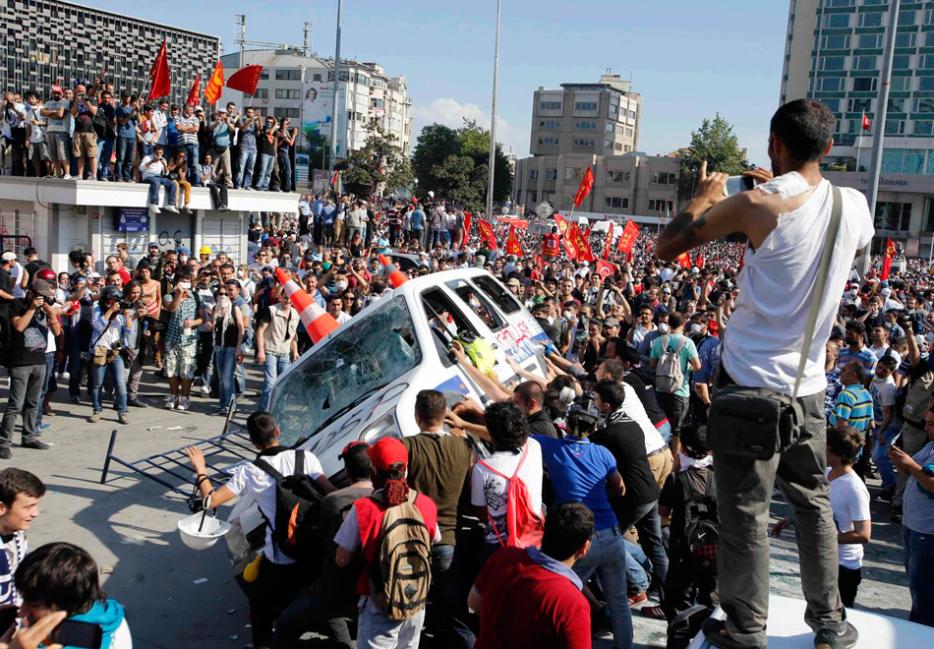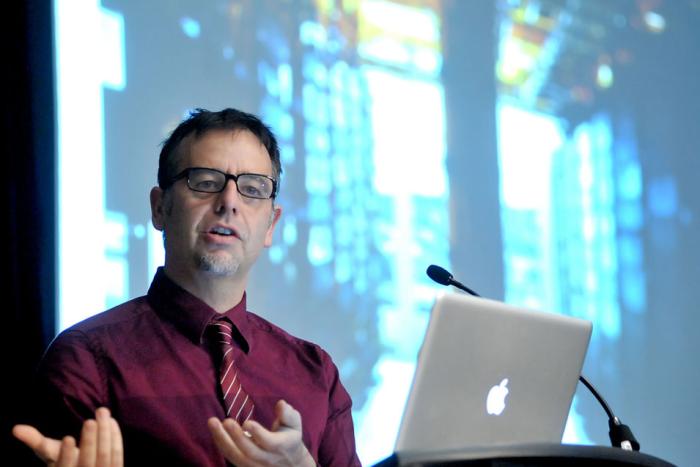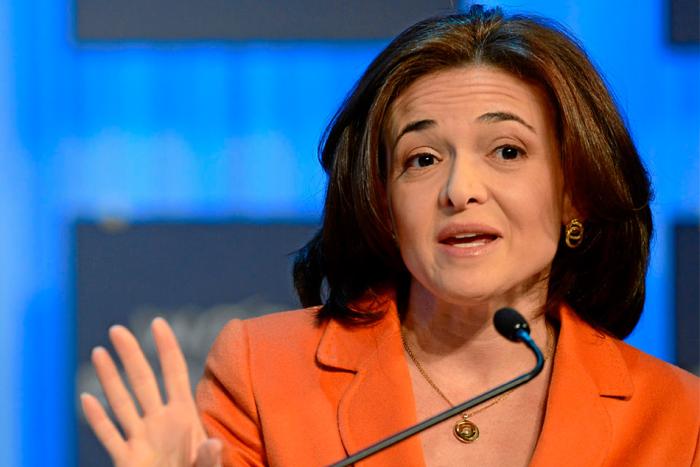Admit it, you sort of agree with the Turkish Prime Minister when he says “we have a menace that is called Twitter... To me, social media is the worst menace to society.” Except that Recep Tayyip Erdogan isn’t complaining about selfies or Instagrammed brunches: he’s complaining because the people of Istanbul are taking to social media to spread information (inevitably, some of it false) about the police crackdown on protesters in Taksim Gezi Park over the last several days.
Some people have already started calling the protests in Turkey—which have now spread to other cities, including the capital of Ankara—a “Turkish spring,” but there are a number of reasons why it’s wrong to view these demonstrations with the same goggles used for Egypt or Tunisia, much less Libya or Syria. The most obvious being that Turkey is a NATO member, and a comparatively robust democracy. The only thing Turkey has in common with Tunisia is the apparent modesty of the initial complaint: the protests in Istanbul started ostensibly over the government’s plans to tear up a public park and build a mall and government complex.
Of course, scratching beneath the surface reveals the complaints against the Erdogan government, and his Justice and Development Party, are more substantial than a park. They’re also too complicated to be explained by easy analogies to the Arab Spring or the Occupy movements.
For one, Erdogan’s government has, since its 2011 re-election, become more brash about its desire to bring Islamic values into Turkey’s secular political culture. Just a few weeks ago, it looked like Erdogan’s biggest problem was going to be between him and the Gulenists, a more explicitly Islamic movement that has helped Erdogan in his battles against Turkey’s military. The last month has brought a number of moves by the government that have offended secular-minded Turks, from Erdogan’s tightening of liquor laws and ascribing any complaints to “alcoholics,” to naming a new bridge over the Bosphorus after a 16th century Ottoman Caliph who would, if he ruled today, be charged with crimes against humanity for his treatment of the Alevis, an ethnic minority.
Critics see Erdogan’s promotion of Turkey’s Ottoman past as something more sinister than nostalgic nationalism: The Ottoman Sultans were, after all, both military and religious leaders—a mixing of roles that Turkey has abjured since the foundation of the modern, western-oriented secular republic. It’s common to read news reports in which Erdogan’s critics accuse him of wanting to be a Sultan. His pursuit of a more powerful presidency for himself to fill doesn’t put his critics at ease.
What about the park, you ask? You can see irredentism even there: Taksim Gezi Park was once the site of barracks built by the Ottomans in 1806. Officially, the government’s plan is to rebuild the Ottoman barracks that were, not incidentally, demolished by the secular Turkish government. The fight over the park is an incarnation of the struggle between secular and religious forces.
Which may sound a bit grandiose, but there are limits to what we should read into an event like this. There’s no reason to think the government is going anywhere. Erdogan’s party controls a commanding majority in Parliament, and has a decade-long track record of maintaining economic growth and political stability. Any western critic speaking of an “Islamist dictator” in Turkey is doing us the favour of making themselves look ridiculous: Erdogan has been elected three times, starting with the protest vote of 2002 when Turkey’s electorate expelled every incumbent political party from the country’s parliament.
Which is just a long way of saying that Turkey is its own country with its own politics, one that makes a mockery of our Manichean impulse with Muslim countries to figure out who the good guys are. Erdogan’s willingness to talk like he’s a Muslim in public may skeeve out some western conservatives, but what are we to make of Erdogan’s critics going to Damascus to meet with Bashar al-Assad? Well … it’s complicated, that’s what.






